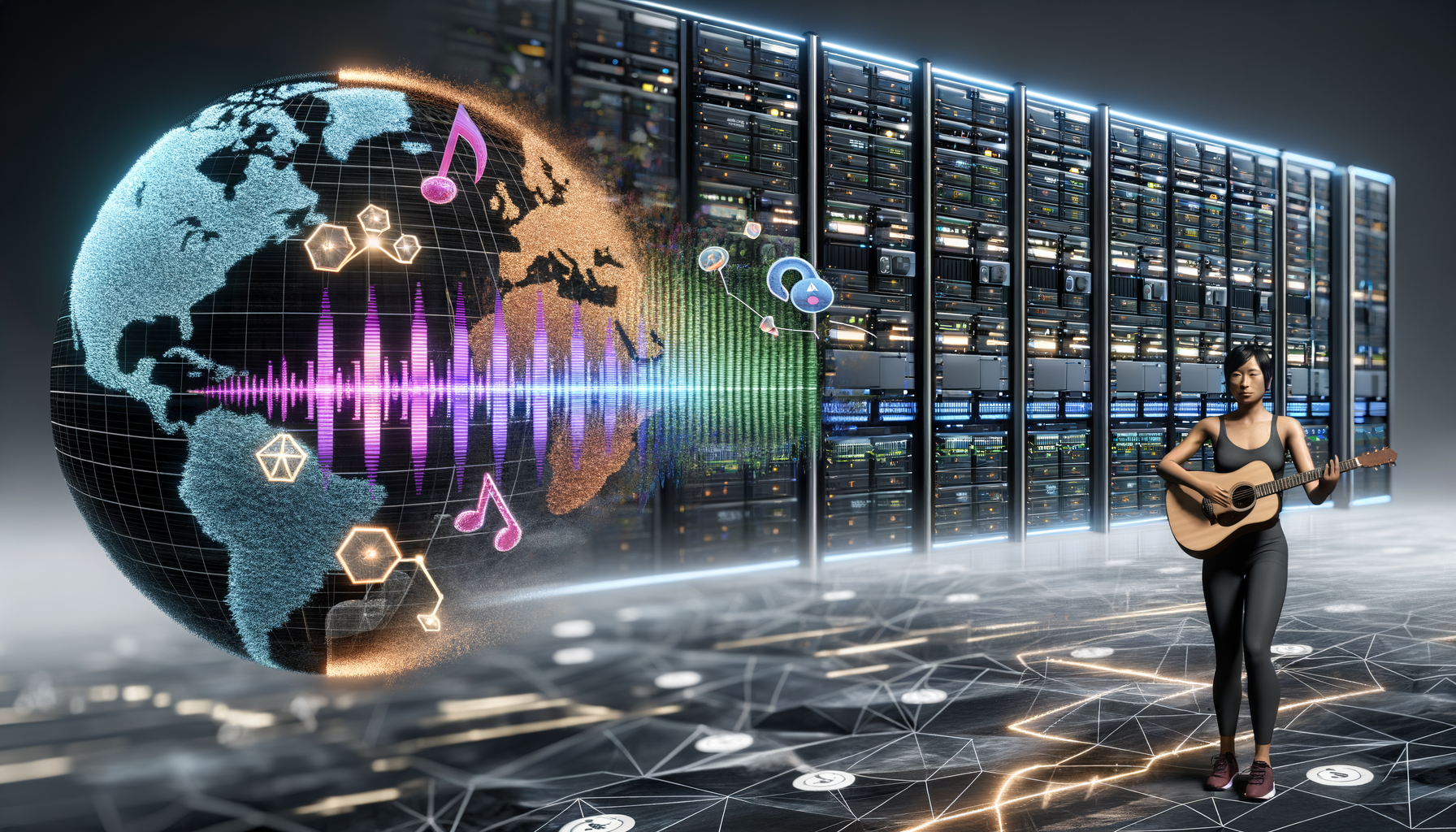In 2024, artificial intelligence has made remarkable strides, from creating virtual pop idols to influencing global affairs, while also raising discussions on energy consumption and content authenticity.1
One notable innovation is the debut of Naevis, a virtual K-pop idol developed by SM Entertainment.2 Utilizing AI technology, Naevis’s unique voice is generated by blending various vocal samples, representing a new frontier in the music industry.2
AI has also played a significant role in global events.3 During the Russia-Ukraine war, AI technologies contributed to strategic decision-making and analysis, demonstrating AI’s influence on international relations.3
Despite these advancements, concerns have been raised about the impact of AI on energy consumption.4 Experts warn that the growing demand for AI data centers could strain power grids by 2025, potentially leading to higher utility costs and AI-related taxes.4
Moreover, the authenticity of AI-generated content has come into question.5 A report revealed that AI-generated posts on LinkedIn have significantly less reach and engagement, suggesting that audiences prefer human-generated content.5
As AI continues to evolve, addressing the challenges associated with its integration into society, including energy sustainability and content credibility, remains essential.6


Leave a Reply